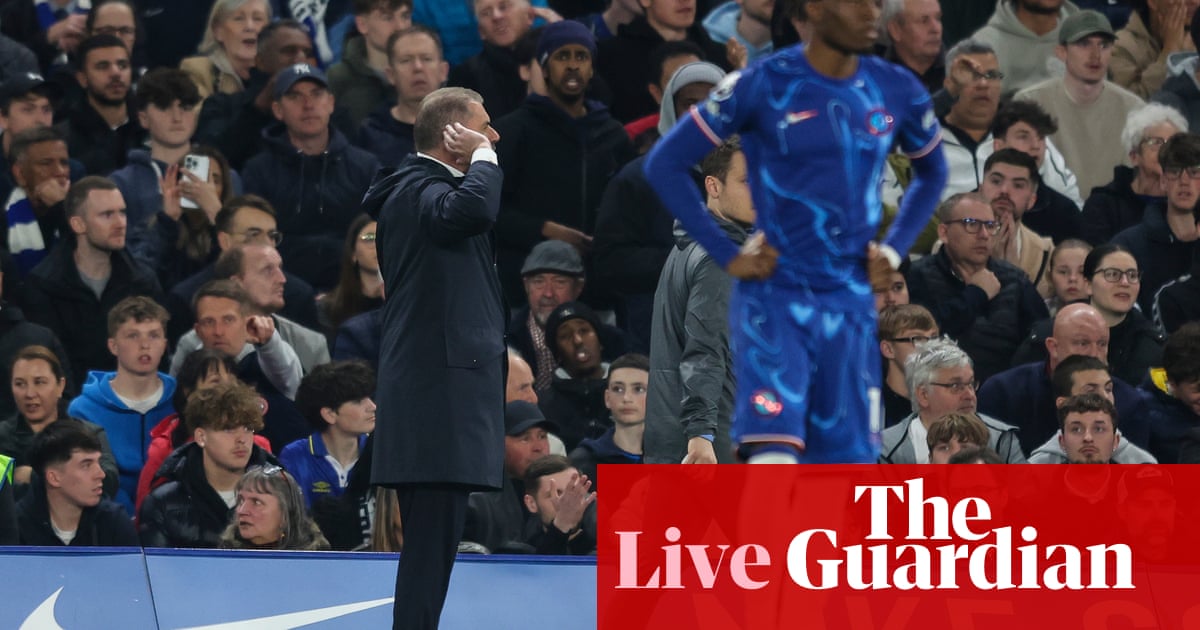What does it mean to have a middle-class, white-collar professional job?
It used to feel like a promise, a guarantee of a life that might not always run smoothly but would at least be stable, verging sometimes even on smug. It probably meant a mortgage, the kind of job title that made people trust you, and a sense – especially for those who were not born into a middle-class life – of having reached safe harbour. You wouldn’t be rich, but you’d be comfortable. Perhaps just as important, given all success is secretly relative, you would know exactly where you stood: never top of the pile, but at least a reassuringly long way off the bottom. But what happens when those layers start collapsing into each other?
Earlier this week, the Resolution Foundation thinktank released a technical update on the labour market that would probably have gone unnoticed if it hadn’t been published in the slow news days between Christmas and new year. Its authors noted that new graduate salaries have fallen in real terms over the past two decades by about 4% on average, while the minimum wage has risen by 60%.
Though the two lines are still a long way from crossing over, for gen Z and millennials in particular the boundaries between white-collar and blue-collar worlds are getting blurrier.
At first glance, a narrowing of the gap sounds positively healthy. In a more equal society, why wouldn’t the living standards of a barista move closer to those of a barrister? But to put it mildly, what has been happening to the labour market ever since the 2008 crash doesn’t exactly feel like the kind of benign levelling up that brings insecure working-class lives closer to smug middle-class ones, while forcing everyone to shake off snobbish assumptions about which jobs really matter. If anything, it feels more like the opposite: a long levelling down that has seen wages flatlining except where the state actively intervenes to force them up, and precariousness creeping up the income scale instead of security trickling down.
Two decades ago, the median recent graduate starting out in a genuine graduate career could expect to earn two and a half times the minimum wage. Now the premium is only 1.6 times minimum wage for median earners, according to the Resolution Foundation, and the lowest earning graduates are fast approaching parity.
Jobs so hotly desirable that young graduates have to jump through endless hoops and internships just to get a foot in the door – say in publishing, or charity and NGO work, or (let’s be honest) large parts of journalism and other creative industries – offer starting salaries in some cases barely above the £25,000 a year to which a full-time minimum-wage worker waiting tables or stacking shelves could be entitled as of this April. The old glamour and prestige still clings to these careers, but the money? That’s gone, and in some cases it is unlikely to be coming back: not with AI now threatening to gut jobs everywhere from the visual arts to the junior reaches of what were once considered bombproof careers such as accountancy, insurance, law or IT.
The last government’s political response to all of this was mostly to argue about whether fewer teenagers should go to university in future or more of them should do maths, as if the problem were kids wanting the wrong things out of life rather than a stagnant labour market, while ignoring an ominous head of steam building up in the here and now. There is a growing pool of young graduates who faithfully did everything they were told would help them get on in life – working hard at school, getting the grades, slogging through their degrees and sucking up the prospect of years of debt repayments to pay for it – only to realise that they may never be rewarded in the way they were promised. How gen Z reacts to this potentially painful readjustment will help shape the politics of this parliament and beyond.
In his 2023 book End Times, the US academic Peter Turchin identifies “elite overproduction” – essentially an economy creating far more educated, ambitious potential elite members than it has prestigious jobs to offer them – as a key trigger for revolutions and civil wars, especially when combined with deep economic inequality and high public debt. Though from the outside these thwarted alphas still look relatively privileged compared with their peers, it’s the gap between what they think they were promised and what they actually got that breeds explosive levels of resentment. Frustrated wannabe elites can morph into angry counter-elites, turning on the establishment they had originally dreamed of joining when they realiseit isn’t actually going to let them in after all. Though populist parties traditionally do best among working-class voters who never went to college, Turchin argues that it’s when these frustrated elites make common political cause with the more genuinely impoverished masses that they are most likely to combine and crush the centre. If Reform UK succeeds in its dream of overtaking the Tories as the main challenger to Labour – the threat increasingly preoccupying Keir Starmer’s government as it heads into what will undoubtedly be a difficult year – then it might be by bringing together such an unlikely coalition of the aggrieved.
You could argue that a young professional uprising seems a remote prospect in a country such as Britain, where frustrated elites are more likely to vent their anger by just going on strike – as junior doctors did last year, protesting that they could be getting a better hourly rate at Pret a Manger – or kicking out a Tory government than anything more revolutionary.
But the idea that political instability often follows when governments make promises they can’t keep is a sound one, and your heart doesn’t have to bleed for disillusioned graduates to worry that something is broken here. Gen Z voting patterns around the world now suggest at the very least a backlash against mainstream parties and craving for more radical ones. Across Europe and the US, young voters are turning to the far right in worrying numbers; in Britain, the Greens on the left and Nigel Farage’s Reform party on the right experienced surging support among the under-30s last summer. This may be the year we find out whether that was in retrospect the high-water mark of the gen Z revolt, or merely the beginning.
-
Gaby Hinsliff is a Guardian columnist
-
Do you have an opinion on the issues raised in this article? If you would like to submit a response of up to 300 words by email to be considered for publication in our letters section, please click here.

.png) 3 months ago
35
3 months ago
35













































